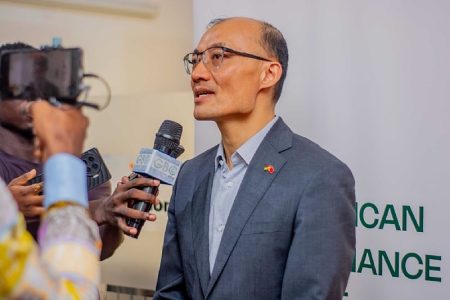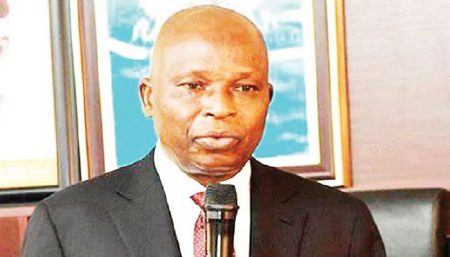President John Dramani Mahama’s decision to abolish fuel allowances and allocations for political appointees has been lauded as a significant stride towards fiscal responsibility and prudent governance. This decisive move, effective immediately, aims to curtail government expenditure and streamline the public sector. The directive, announced by the Minister for Government Communications and Presidential Spokesperson, signals a commitment to a leaner, more accountable government and a departure from the established practice of providing fuel benefits to political appointees. This action has been widely interpreted as a tangible demonstration of leadership committed to tackling wasteful spending within the government.
IMANI Africa’s President, Franklin Cudjoe, has championed this initiative, dismissing criticisms of populism or political maneuvering. He emphasizes the tangible benefits, even seemingly small savings, which can be redirected towards supporting citizens. Cudjoe’s perspective underscores the importance of viewing this policy not as a symbolic gesture but as a crucial component of a broader reform agenda aimed at resetting public sector management. He argues that such reforms are essential for rebuilding public trust in governance and represent a long-overdue corrective to unsustainable practices. This action resonates with a growing call for fiscal prudence and responsible allocation of public resources.
The elimination of fuel benefits for political appointees addresses a long-standing concern regarding excessive expenditure in the public sector. This practice, often perceived as a perk of political office, has been criticized for its contribution to the overall burden on public finances. The President’s directive aims to dismantle this system and redirect resources towards more pressing national needs. This move aligns with the increasing demand for transparency and accountability in government spending, reflecting a broader societal push for more responsible management of public funds.
Cudjoe’s endorsement of the policy highlights its potential impact on restoring fiscal discipline and promoting a culture of accountability within the government. He stresses the need for swift and comprehensive implementation, ensuring strict adherence to the new directive. Crucially, he advocates for legislative action to institutionalize this reform, safeguarding it against potential reversal by future administrations. This emphasis on codifying the policy underscores the importance of creating lasting change and preventing a regression to previous practices.
The call for legislative action reflects a broader recognition that sustainable reform requires more than just executive directives. Embedding these changes within the legal framework provides a stronger guarantee of their longevity and protects them from the vagaries of political transitions. By codifying the elimination of fuel benefits, the government can demonstrate a commitment to long-term fiscal responsibility and create a more robust system of accountability. This move also signals a willingness to embrace structural reforms that address systemic issues within the public sector.
This initiative, if fully implemented and enshrined in law, has the potential to mark a turning point in Ghana’s governance landscape. It represents a significant step towards greater transparency and prudence in the management of public resources. By tackling wasteful spending and prioritizing fiscal responsibility, the government can build public trust and create a more sustainable foundation for economic development. The success of this policy will depend on consistent enforcement and ongoing efforts to strengthen accountability mechanisms within the public sector. This move sets a precedent for future reforms aimed at optimizing public expenditure and promoting good governance.














